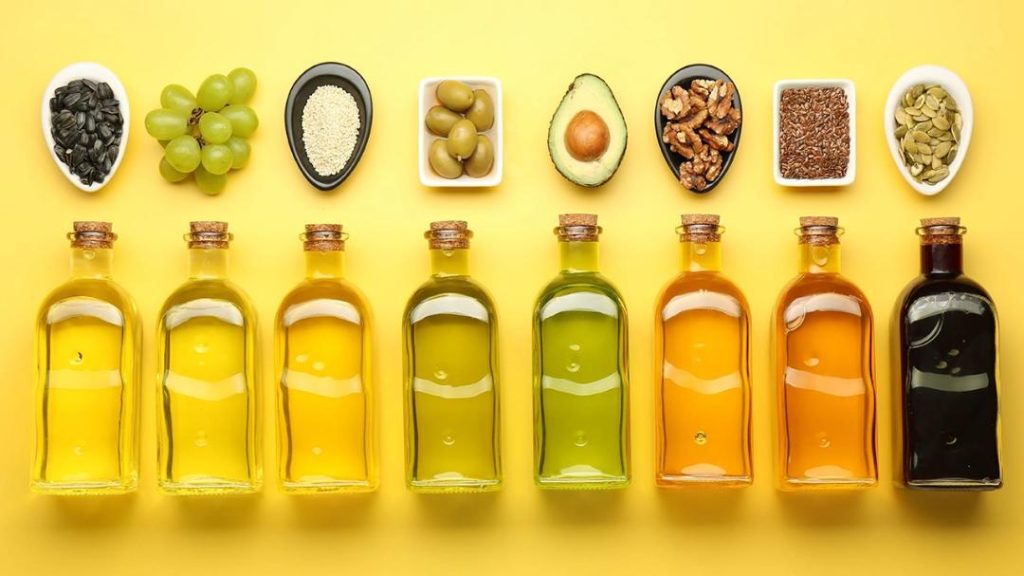
What do experts say about health hazards & benefits of seed oils?
Seed oils, including canola, sunflower, and grapeseed, have been a staple in many kitchens and health food stores for years. However, some critics have raised concerns about the potential health hazards associated with these oils. One of the main concerns is the presence of hexane, a chemical considered hazardous in gaseous form. But do these concerns hold water? Let’s take a closer look at what the experts say about the health benefits and risks of seed oils.
The Controversy Surrounding Hexane
Hexane is a solvent used to extract oil from seeds, such as sunflower seeds, canola seeds, and other oil-rich plants. Critics claim that this process leaves behind a residue of hexane in the oil, which can be harmful to our health. However, experts from reputable institutions, such as Massachusetts University and Ohio University, have spoken out against these claims.
According to Eric Decker, a professor of food science at Massachusetts University, the residue of hexane in seed oil is not a cause for concern. “Hexane is a very volatile solvent, and when it’s used to extract oil from seeds, it evaporates quickly, leaving behind a very low level of residue,” he explains. “This residue is not a hazard to human health.”
Decker’s sentiments are echoed by another expert in the field, a professor of food science at Ohio University. “Seed oils don’t increase acute or chronic inflammation markers,” she says. “They are a healthy choice for cooking and can even help to lower cholesterol levels and reduce the risk of heart disease.”
The Benefits of Seed Oils
Despite the controversy surrounding hexane, seed oils have been shown to have numerous health benefits. These oils are rich in unsaturated fatty acids, which can help to reduce inflammation and improve heart health. They are also a good source of antioxidants, which can help to protect against cell damage and reduce the risk of chronic diseases.
In addition to their health benefits, seed oils are also a popular choice for cooking due to their high smoke point. This means that they can be heated to high temperatures without breaking down or becoming damaged, making them ideal for frying and sautéing.
The Risks of Seed Oils
While seed oils have been shown to have numerous health benefits, there are some potential risks to be aware of. One of the main concerns is the presence of pesticides and other contaminants in the oil. This is because many seed oils are made from genetically modified organisms (GMOs), which may be treated with pesticides and other chemicals.
Another potential risk of seed oils is their high omega-6 content. While omega-6 fatty acids are important for heart health, consuming too many of them can lead to an imbalance in the omega-6 to omega-3 ratio. This can increase the risk of chronic diseases, such as heart disease and cancer.
Conclusion
In conclusion, while there are some potential risks associated with seed oils, the experts agree that the benefits of these oils far outweigh the risks. Seed oils are a healthy choice for cooking and can even help to lower cholesterol levels and reduce the risk of heart disease.
It’s important to note that not all seed oils are created equal. Look for oils that are made from non-GMO sources and have been processed using safe and sustainable methods. By making informed choices about the seed oils we use, we can enjoy the health benefits of these oils while minimizing the risks.
Sources
- Hindustan Times: “Are seed oils really a health hazard? Experts debunk myths and reveal the science” (https://www.hindustantimes.com/lifestyle/health/are-seed-oils-really-a-health-hazard-experts-debunk-myths-and-reveal-the-science-101741429201961-amp.html)






